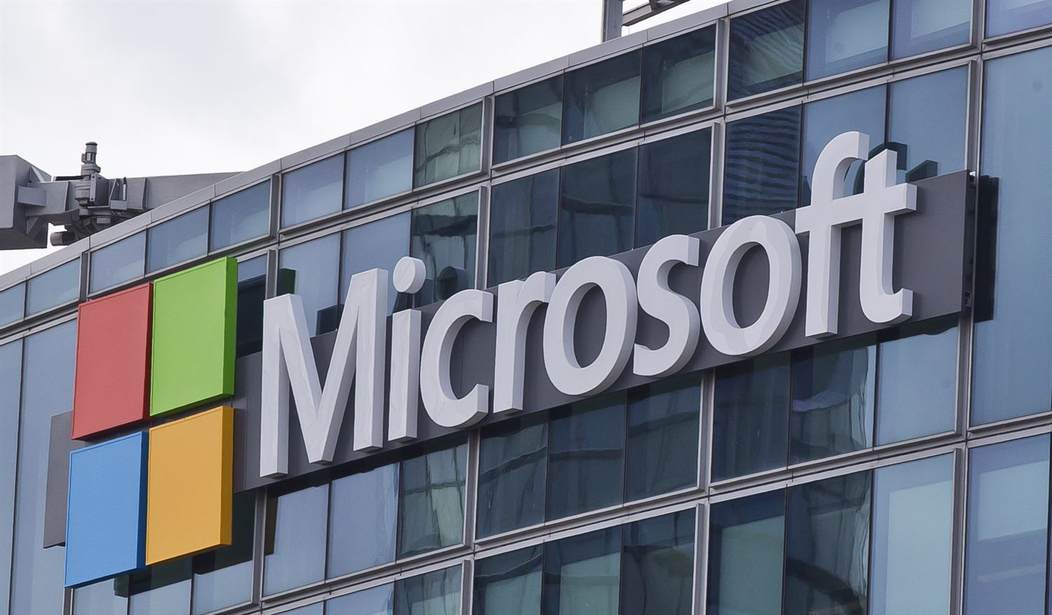The recent revelation of Russian state-backed hackers infiltrating Microsoft's systems, gaining access to U.S. government correspondence, is a stark reminder of the dire consequences of cybersecurity vulnerabilities in critical infrastructure. This breach, confirmed by U.S. officials, underscores a systemic issue that poses not only a threat to privacy but also to national security.
The hackers responsible for this breach, identified as an infamous cyber-espionage group linked to Russia’s foreign intelligence service, exploited weaknesses in Microsoft's systems to pilfer sensitive government emails. Microsoft has since notified several federal agencies of the potential compromise, raising concerns about the security of government communications and the protection of critical data.
This incident is not an isolated one but rather part of a disturbing trend of foreign hacking campaigns targeting U.S. government agencies through Microsoft software. Last year, Chinese hackers exploited similar vulnerabilities, compromising email accounts of senior officials, including the Commerce Secretary Gina Raimondo.
President Joe Biden mandated a Cyber Security Review Board investigation into the Chinese hack, and the results are quite alarming. The report pointed to Microsoft's "shoddy cybersecurity practices" and "lax corporate culture" as contributing factors to the breach, emphasizing the need for urgent action to address these deficiencies, as reported by the Washington Post earlier this month.
What makes the situation even more troubling is Microsoft's extensive presence and operations in Communist China. With upwards of ten thousand employees in-country working on critical products, including those used by the U.S. government, Microsoft's footprint there of course raises serious security issues. Microsoft engineers in China – many of whom previously worked for CCP government agencies – develop source code for commonly used products such as Exchange, Teams, and Azure.
Recommended
And then there’s China's National Cybersecurity Law, enacted in 2016, requiring foreign technology companies operating in the country to store Chinese user data on mainland servers, granting state security agencies access to source code and encryption keys. Another law, enacted in 2021 requires those companies, such as Microsoft, “to report known software vulnerabilities to the Ministry of Industry and Information Technology (MIIT) within two days of becoming aware of the issue. In effect, the new regulations would transfer software vulnerabilities found in the United States and other countries to China’s MIIT before the company could patch the vulnerability,” according to Dakota Cary of Georgetown’s Center for Security and Emerging Technologies.
Addressing these challenges requires a concerted effort from both the public and private sectors. Microsoft must prioritize cybersecurity and transparency, enhancing its defenses against a growing atmosphere of malicious actors and fostering a culture of accountability. Moreover, governments must collaborate closely with technology companies to strengthen cybersecurity regulations and mitigate the risks posed by foreign adversaries. More to the point, the U.S. government needs to examine its relationship with Microsoft and Microsoft’s relationship with China as more and more critics begin to rumble that the company is getting a free pass for its mistakes. But Chinese access to U.S. government information appears to be less of a bug than a feature of Microsoft’s government offerings. It’s understandable that in choosing to operate in China, a company agrees to abide by their laws. But in this case, this whole thing has come to a bit of a crossroads. The U.S. government would be well within its rights to seek assurances and guardrails that China will no longer be able to access information from or about U.S. government officials and systems. Period.
Failure to address these issues swiftly and comprehensively could have far-reaching consequences, compromising not only government agencies' operations and of course confidential information relating to government officials, but also undermining trust in and stability of our critical infrastructure. The time has come for the U.S. and American technology companies--not just Microsoft--to take decisive steps together to bolster cybersecurity defenses and safeguard national interests in an increasingly interconnected digital landscape.
























Join the conversation as a VIP Member